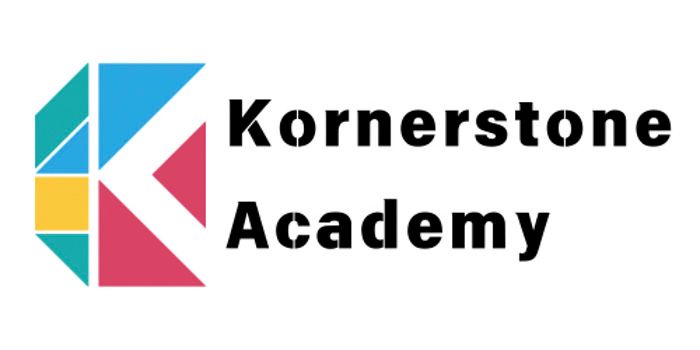Preschool
Introducing the Preschool Program
The Kornerstone Preschool Program offers children a dynamic learning environment where they are empowered to choose their work, follow their interests, and progress at their own pace. Within this space, children develop their independence, refine their concentration, and explode into learning as they develop their intelligence and higher-level brain processes.
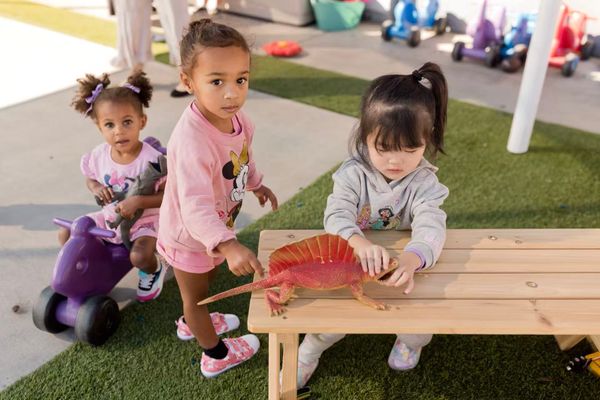
Early Learning for Young Minds
Between the ages of 3 and 6, preschoolers move through sensitive periods for language, order, grace and courtesy, the senses, writing, small objects, music, reading, spatial relationships, and mathematics.
During this stage of development, the Preschool Curriculum introduces children to a range of advanced materials that expand on their knowledge of Practical Life, Sensorial, Mathematics, Language and Culture.
Our Facility
The design of the preschool classroom, and the educational materials within in, reflect these interests and provide rich opportunities for learning that nurture children’s complete development while preparing them for school and life.
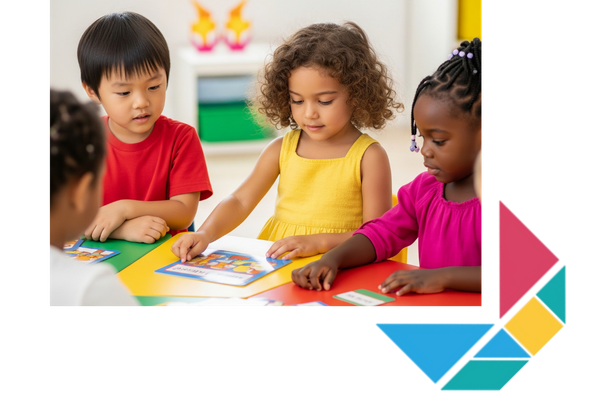
More Than a Bilingual Preschool: The Tri-Lingual Advantage
While many parents seek out a bilingual preschool, we believe in offering an even greater advantage. At Kornerstone Academy, your child will be immersed in a tri-lingual environment, learning English, Spanish, and Mandarin. This early exposure to multiple languages is proven to enhance cognitive development, boost problem-solving skills, and create a strong foundation for future academic success. Our Pre-K students graduate with not only kindergarten readiness but also a budding appreciation for global cultures, setting them apart and preparing them for a connected world. This is a core value of our unique approach.
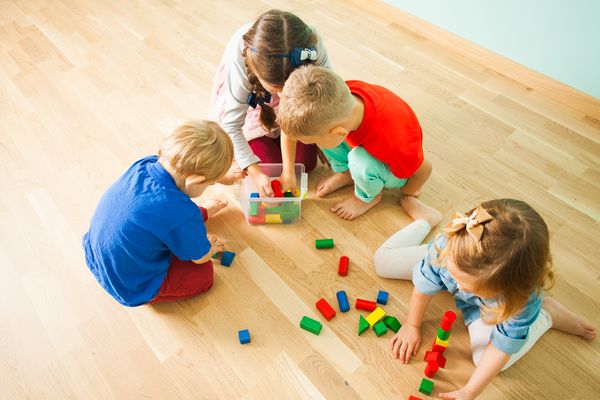
Why choose us
At Kornerstone, we understand the importance of this journey and offer a carefully designed READY for SCHOOL program to ensure your child is prepared for this next step. With our Creative curriculum ——Stepping Stone. Curriculum as the foundation, and professional teachers by their sides, children will get the encouragement and guidance they need to expand on established skills and reach their greatest potential in all areas, including:
- Beginning reading and writing skills
- Math and science concepts
- Large and small muscle skills
- Social and emotional development
Preschool Learning Goals
Formation of individual letters and numbers
Formation of individual letters and numbers in toddler learning is supported through activities like using Sandpaper Numbers & Letters and engaging with Sand Tray or Chalkboards, providing tactile experiences and opportunities for hands-on practice to develop fine motor skills and letter/number recognition at an early stage of development.
Recognises numerals and counts by rote
Toddlers learn to recognise numerals and count by rote through tactile materials such as Sandpaper Numbers, Number Rods, and the Spindle Box, which provide hands-on experiences to reinforce numerical concepts, laying the foundation for early numeracy skills and number recognition.
Reads simple sentences and constructs phonetic words
Children develop the ability to read simple sentences and construct phonetic words through activities such as using the Moveable Alphabet and engaging with Series materials, which provide hands-on opportunities to manipulate letters and phonetic sounds, fostering early literacy skills and phonemic awareness in a structured and interactive learning environment.
Can write and recognise their own name
Children develop the ability to write and recognise their own name through engaging activities such as writing name exercises on chalkboards and paper, providing opportunities for hands-on practice and repetition to strengthen fine motor skills and visual recognition, fostering early literacy skills and a sense of personal identity.
Aware of the decimal system, addition, and subtraction
In preschool learning, awareness of the decimal system, addition, and subtraction is introduced through hands-on materials like Golden Beads, Numbers & Counters, Addition Strip Boards, and Subtraction Strip Boards. These tools allow children to explore mathematical concepts concretely, fostering a foundational understanding of numerical relationships and arithmetic operations.
Participates in physical activities and follows the rules of games
In preschool learning, participation in physical activities and adherence to game rules are encouraged through structured outdoor play and indoor music and movement programs, providing opportunities for children to develop gross motor skills, coordination, and social skills while engaging in fun and interactive group activities that promote teamwork and sportsmanship.
Shows self-confidence and interacts well with others
In preschool learning, the development of self-confidence and positive social interactions is fostered through a supportive environment that encourages exploration, risk-taking, and respectful communication, where children engage in collaborative activities, express themselves freely, and receive encouragement and validation from educators and peers alike.
Ability to concentrate and work independently
In preschool learning, the ability to concentrate and work independently is nurtured through activities tailored to the child’s interests, coupled with the freedom to engage in these activities for as long as they desire, fostering autonomy and self-directed learning as they explore and engage with subjects that captivate their curiosity.
Responds to challenges and demonstrates problem-solving skills
In preschool learning, children respond to challenges and demonstrate problem-solving skills through independent activities, facilitated by the freedom to work, express themselves, and repeat tasks as needed, fostering a sense of autonomy and resilience as they navigate various challenges and find creative solutions.
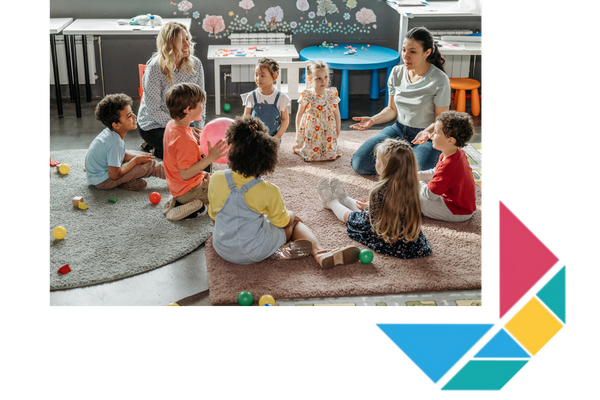
Flexible Preschool Programs to Fit Your Family's Needs
We understand that every family has a unique schedule. That’s why Kornerstone Academy in Rancho Cucamonga offers flexible options to provide the best learning experience for your child at your convenience. You can choose from our engaging full day preschool program, which offers a comprehensive and immersive day of learning and play, or our enriching half day preschool program, perfect for introducing your child to a structured academic environment. Both programs provide access to our exceptional curriculum and caring educators, ensuring your child receives the support and attention they need to thrive during these crucial early years.
Ready to get started?
Schedule a tour with us today
